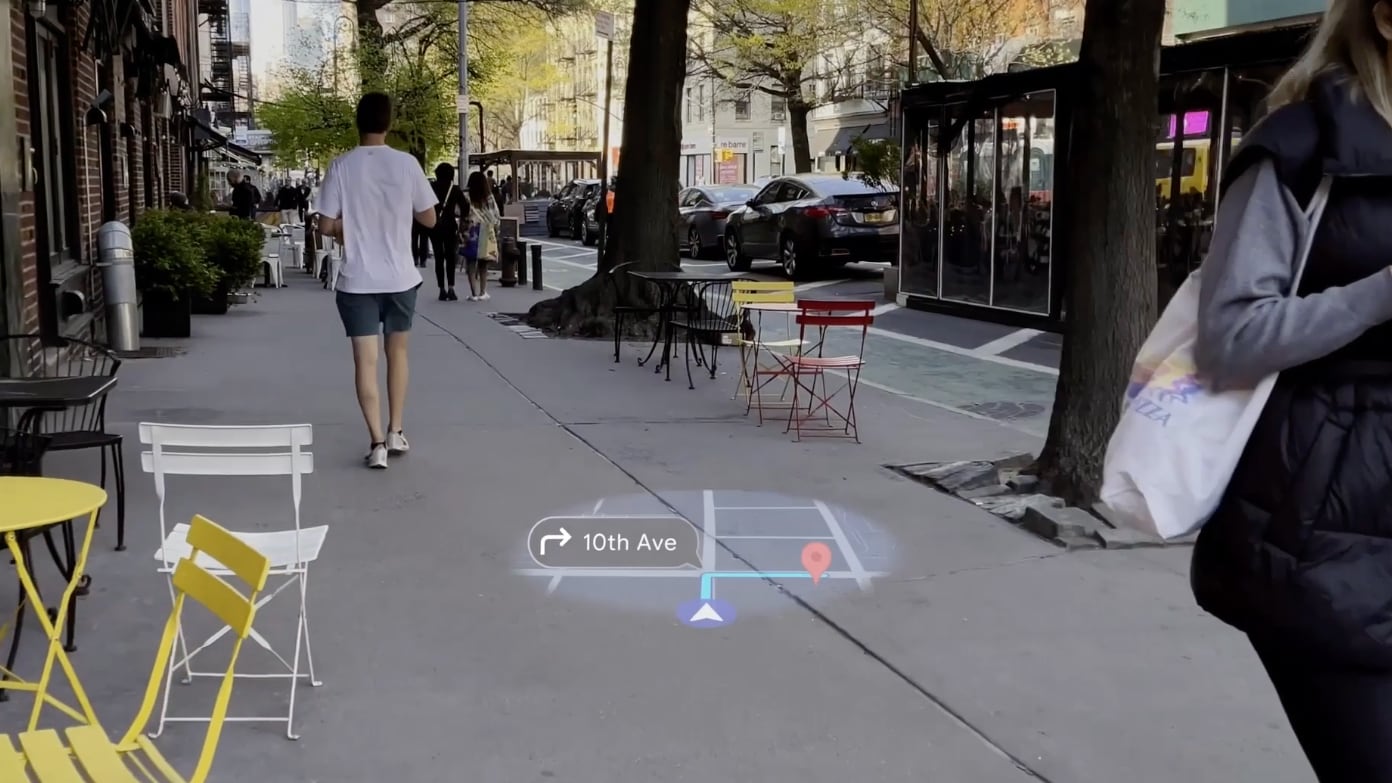
Google today showed off a set of lightweight smart glasses that have deep Gemini integration and an optional in-lens display that can offer up relevant information like turn-by-turn directions.

Made to rival the Meta Ray-Bans and smart glasses coming from Apple in the future, Google's XR glasses feature a camera, microphones, and speakers. They connect to a smartphone for app access, and with Gemini integration, the glasses can answer questions about the wearer's surroundings, provide directions, and offer up live translations.
Gemini is able to use the cameras in the glasses to see what's around the wearer to provide feedback, and Google says the glasses will "see and hear what you do" so they'll understand context and "help you throughout your day." On stage at Google I/O, Google executives demonstrated how the Android XR glasses will be able to send messages to friends, make appointments, snap photos, and translate conversations in real-time.
Google plans to work with companies like Warby Parker and Gentle Monster to create stylish smart glasses that consumers will want to wear.
Article Link: Google Shows Off Android XR Smart Glasses With In-Lens Display

